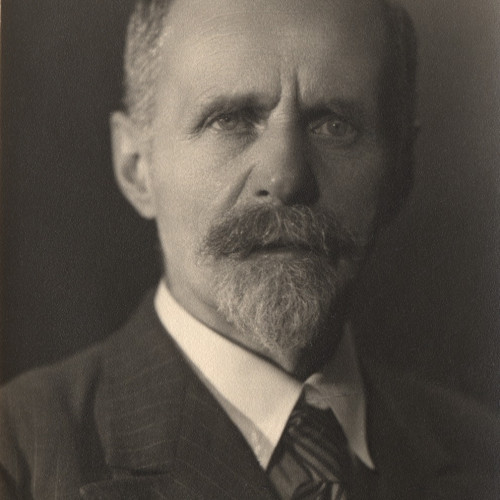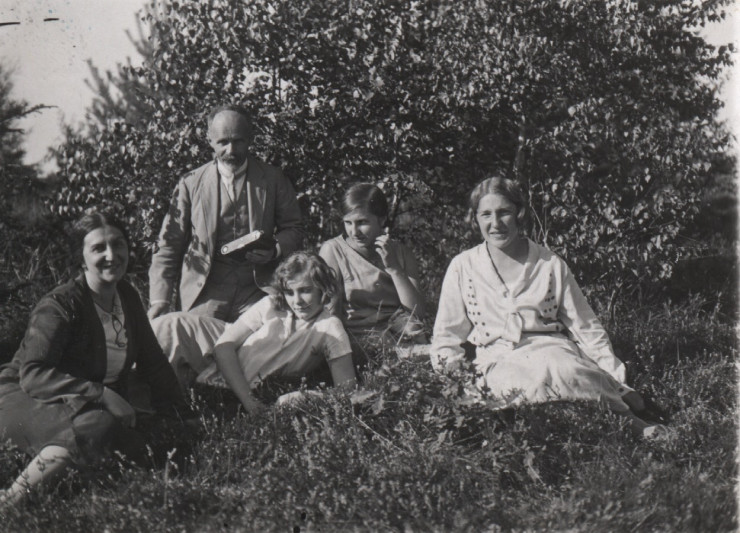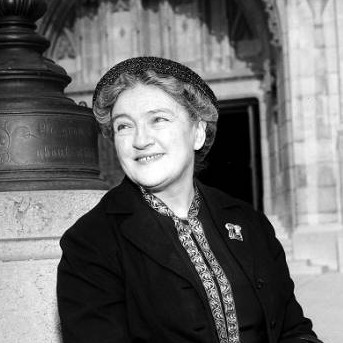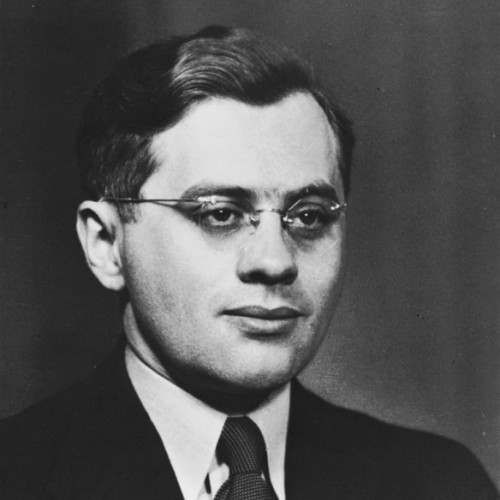prof. Władysław Konopczyński (1880—1952) - Instytut Pileckiego
prof. Władysław Konopczyński (1880—1952)
Awarded in 2019.

After the Warsaw Uprising, among the crowds expelled from the burning city were the family of a Polish-Jewish historian, Ludwik Widerszal. Konopczyński offered shelter in Młynik until the end of the war.
Before the Second World War, Władysław Konopczyński lectured at the Jagiellonian University. A prominent historian specializing in the modern period, author of Polski Słownik Biograficzny [Polish Biographical Dictionary], and MP of the Polish Parliament (I term), he was arrested on 6 November 1939 during the Intelligenzaktion — a German operation aimed at killing the Polish intelligentsia. He was imprisoned in Kraków, then Wrocław, and finally KL Sachsenhausen until February 1940. Released from the camp, he engaged in clandestine teaching. His family’s difficult financial situation in occupied Kraków caused him to spend much of his time on the estate in Młynik near Ojców.

In 1948, the communist authorities removed Konopczyński from the Jagiellonian University and a year later forced him to resign as the chief editor of Polski Słownik Biograficzny.
fot. Jan Mrozowski’s private collection
See also
- Ecaterina Olimpia Caradja (1893–1993)

awarded
Ecaterina Olimpia Caradja (1893–1993)
“Kurier Polski” published in Bucharest on 3 December 1939 was full of alarming headlines: “The Soviet attack on Finland”, “Executions and deportations.” One of them gave people hope: “Under the care of Princess Caragea. Home for mothers and chilldren.”
- dr Juliusz Kühl (1913—1985)

awarded
dr Juliusz Kühl (1913—1985)
As a member of the Ładoś Group, he was responsible for acquiring Latin American passports in blanco and for contacting Jewish organizations.
- Piotr Parfeniuk

awarded
Piotr Parfeniuk
(1904–1993)Although his given name was Petro, Parfeniuk used the name Piotr for the majority of his long life. Before the outbreak of the war, he met his future wife, Stanisława, from the Polish Czerwinek family.


